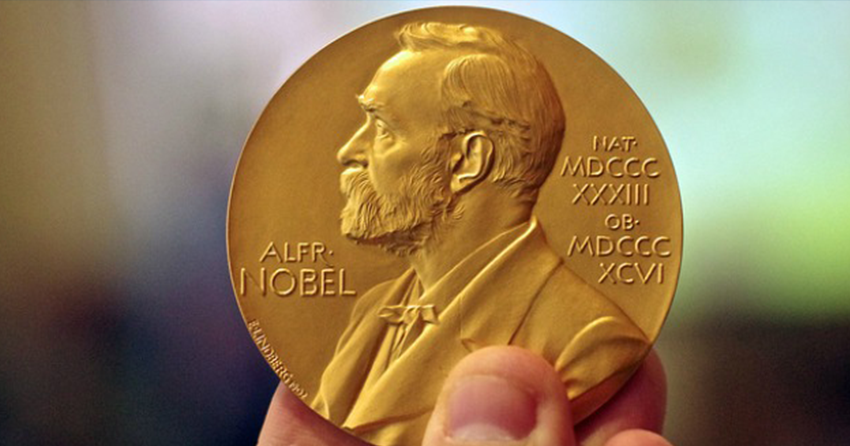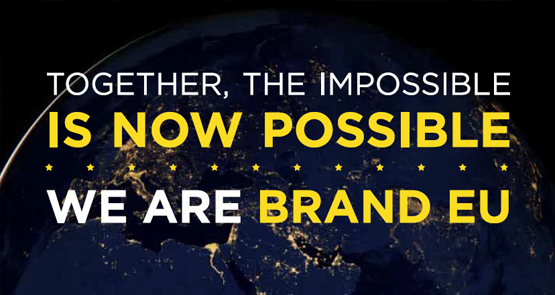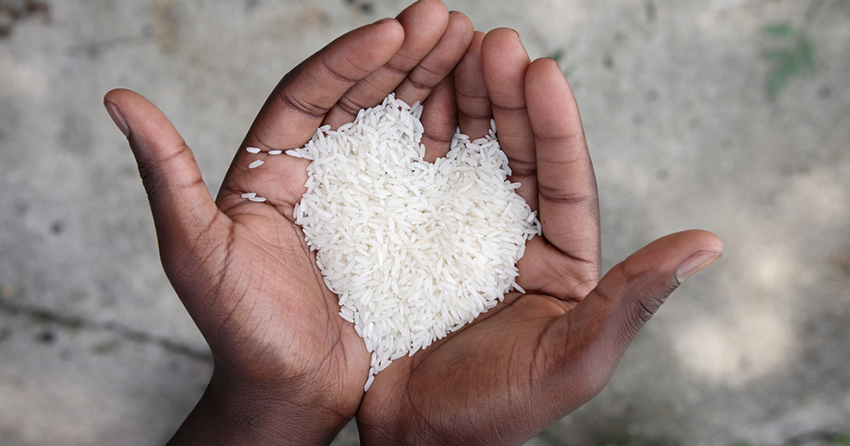Peace, Security, Pluralism and Aid |
Common Security and Diplomacy
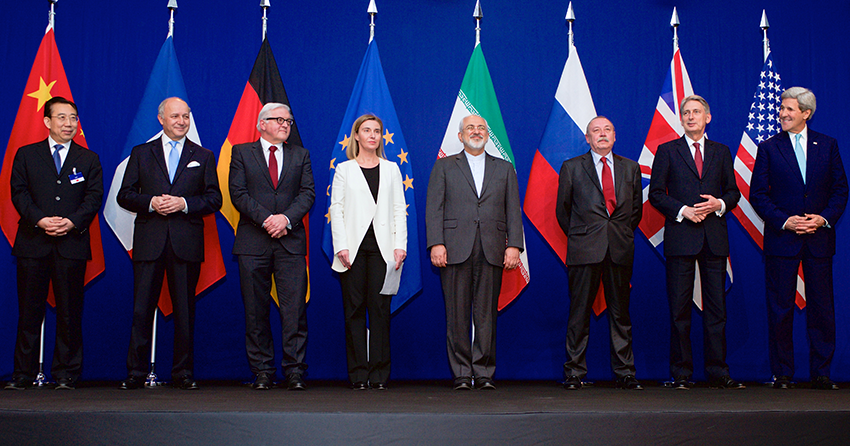
Common Security and Diplomacy
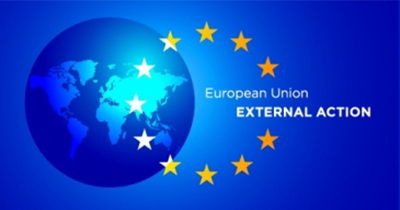
EU Diplomacy and Foreign Affairs
The European External Action Service (EEAS) is the EU’s diplomatic & foreign affairs service. It works in cooperation with the diplomatic services of the Member States. The EU’s external policies, strategies, instruments and missions have four key aims. They support stability, promote human rights and democracy, seek to spread prosperity, and support the enforcement of the rule of law and good governance. The policy mix is vast, ranging from bilateral agreements to guidelines, legislation and sanctions.
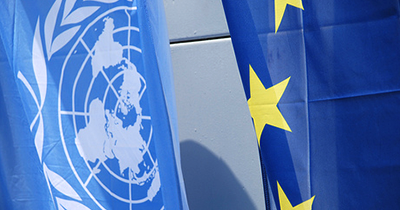
The EU at the United Nations
The EU coordinates its voting within the General Assembly’s six main committees and other bodies and agencies. More than 1000 internal EU coordination meetings are held at the UN to develop a common EU stance. Article 19 of the EU treaty also stipulates that EU members on the Security Council must act in concert and foster the interests of the EU. The UK and France are permanent members of the Security Council of the United Nations.
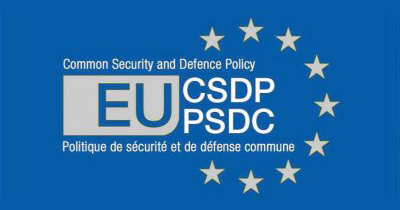
EU Common Security And Defence Policy (CSDP)
The Member States of the EU have agreed a Common Security and Defence Policy. EU Member States may also participate in military or humanitarian missions and are henceforth bound by a solidarity clause on matters of European defence. Within this framework for cooperation, the EU can also conduct operational missions in third countries for peace-keeping and strengthening international security of the EU and the world. If a Member State is the victim of an armed attack on its territory, it can rely on the aid and assistance of the other Member States, which are obliged to help. The mutual defence clause does not affect the commitments made under the framework of the North Atlantic Treaty Organization (NATO).
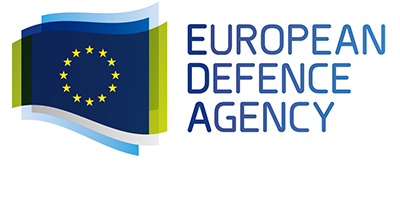
EU European Defence Agency (EDA)
The main objective of this Agency is to improve Member States’ military capabilities by setting common objectives, harmonising operational activities, avoid duplications and improve the effectiveness of military expenditure. The EDA can also cooperate with NATO and third countries. Its areas include:
- Crisis Management
- Armament Cooperation
- Military Equipment
- Defense Research
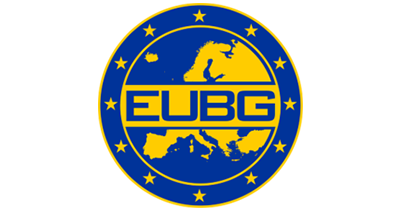
EU Battlegroups
The European Union is a global actor, ready to undertake its share of responsibility for global security. With the introduction of the Battlegroup concept, the Union formed a (further) military instrument for early and rapid responses when necessary and in response to a crisis. Member States conduct the generation of Battlegroup packages and are responsible for offering a complete package formed by a framework nation or by a multinational coalition of Member States.
Some examples of military collaboration of European Union Member states include:
- EUFOR – European Union Rapid Reaction Force
- EUROMARFOR – Maritime Forces Group
- EUROPEAN AIR GROUP – Air Forces Group
- EUROPEAN AIR TRANSPORT COMMAND – Aerial Refuelling, Cargo & Logistics
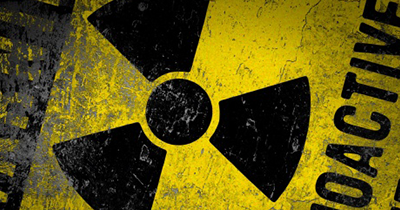
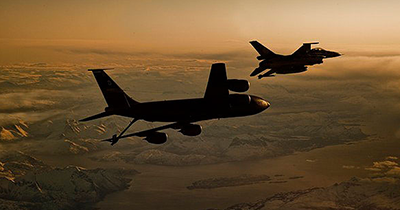
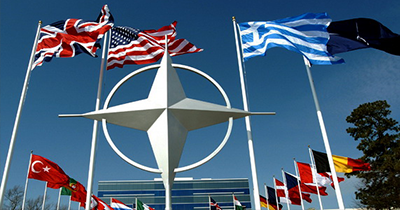
EU Countries with Nuclear Forces
The United Kingdom and France are the EU member states with Nuclear Weapons. Both countries are signatories to the Nuclear Non-Proliferation Treaty. Both countries are also permanent members of the Security Council of the United Nations.
UK
The UK currently maintains a fleet of four ‘Vanguard’ class ballistic missile submarines equipped with Trident II missiles. The British government announced a replacement to the current system to take place between 2007-2024. Current stockpile 225 Warheads.
France
France is the third largest nuclear-weapons force in the world, following the nuclear triads of the Russian Federation and the United States. Current stockpile 300 Warheads.
Nuclear Sharing & NATO
Nuclear sharing is a concept in NATO’s policy of nuclear deterrence, which involves member countries without nuclear weapons of their own in the planning for the use of nuclear weapons by NATO, and in particular provides for the armed forces of these countries to be involved in delivering these weapons in the event of their use. As of November 2009, Belgium, Germany, Italy, the Netherlands and Turkey are still hosting U.S. nuclear weapons as part of NATO’s nuclear sharing policy.

